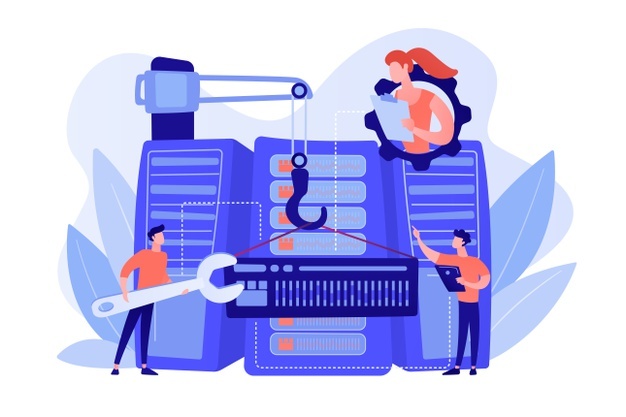Personally, I love designing complicated assemblies, but when it comes to creating a manufacturing drawing, a small piece of me dies inside. Luckily, CAD tools have aided in this process starting with the glory days of AutoCAD to a slew of 3D CAD applications today. Unfortunately, when Fusion 360 released its drawing capabilities, we missed the mark on assuming what our Fusion 360 customers would need to create production ready drawings. So in this week’s Fusion Forecast, I had to dust off my drafting table and my version of AutoCAD R14 to fully grasp what is needed for Fusion 360’s drawings.
Stepping back…I started using Fusion 360 a short year ago, and instantly, I was amazed by the sculpting, assemblies, cloud data structure, CAM package, and so much more. However, when I went to make my first drawing I hit a wall. At the time, stepping into the drawings tools was like stepping into a foreign land, especially when compared to the rest of Fusion 360.
Since that time, the Fusion 360 development team has been listening to the forums and Ideastation. Every update seems to include one or two nuggets that improve the functionality of Fusion 360’s drawings, but more importantly, the team has been focusing on enhancements to make it easier to create high quality manufacturing drawings. This includes things such as: the single dimension tool, templates, shaded views, exploded views, GD&T frames, associative center marks, align/renumber balloons and much more. The development team has been chipping away at the mountain of ideastation requests that we know will help to create a perfect drafting tool. Even in the next update, we will be able to customize the title block by importing legacy DWGs from other CAD tools, but don’t worry, the Fusion 360 development team has way more in the pipeline for the upcoming months — and rightly so!

After getting the inside scoop from the Fusion 360 development team, the highest priority is to add functionality while improving the ease of the general workflow for detailed part and assembly drawings. To start the parade of enhancements, the team has been working on the ability to export the parts list as a csv file. [add transition] Next, the drawings environment will be inheriting the browser just like the rest of Fusion 360. Big Deal, right? Yes!!! This will enable different visibility options for different sheets. Yes, multi-sheet drawings is in the works too! But the Fusion 360 development team needs to add a few pieces of functionality, like the browser, to make sure multi-sheet drawings functions properly.
The enhancements that really get me excited are tools that make my job easier and cause me less work (because I’m lazy). While designing, a lot of time is spent putting intelligence in the 3D model that can be reused in many aspects of the design process. While creating a hole or thread in Fusion 360, I spend quite a bit of time picking the type of hole, diameter, and depth. Why not reuse that data? One example that the Fusion 360 team has in their sights are Hole and Thread notes (Hole/Thread Callouts). These will auto populate the drawing with a note on manufacturing instructions for the holes and threads.
Many improvements have been made to ensure that the drawings tools interact and appear like the rest of Fusion 360, but we still have a ways to go. You may have noticed in recent updates the cursor matches the rest of fusion and the dialogue box for creating views has been updated. I think we need to take this to the next level to truly make this tool great like the rest of Fusion 360. For example, make moving views a simple click and drag, update more dialogue boxes (i.e. Parts List), and change the way we access the drawings environment from the rest of Fusion 360.

A couple of parting thoughts on drawings… As hard as the guys are working to bring the functionality we are asking for, is there really anything that would blow your mind with drawings? T-Splines = mind blown. As-built joints = mind blown. Drawing features…eh. While drawings are no doubt important, I wonder what could be put into the feature set of drawings that would truly make us all sit back and say “where has that feature been…?” In the next Fusion Forecast, I’ll be taking a look at some of the ways Fusion 360 can benefit from machine learning, perhaps that holds the key to the ultimate drawing functionality?

